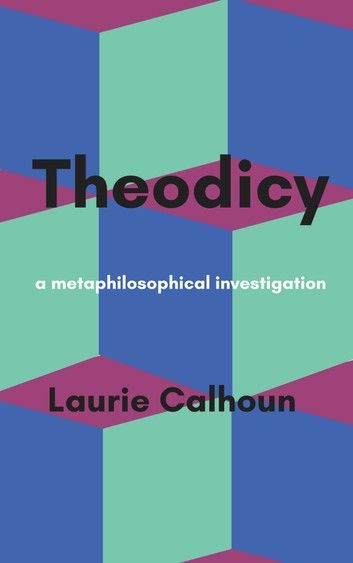The Theodicy tries to justify the apparent imperfections of the world by claiming that it is optimal among all possible worlds. It must be the best possible and most balanced world, because it was created by an all powerful and all knowing God, who would not choose to create an imperfect world if a better world could be known to him or possible to exist. In effect, apparent flaws that can be identified in this world must exist in every possible world, because otherwise God would have chosen to create the world that excluded those flaws. Leibniz asserted that the truths of theology (religion) and philosophy cannot contradict each other, since reason and faith are both "gifts of God" so that their conflict would imply God contending against himself. The Theodicy is Leibniz's attempt to reconcile his personal philosophical system with his interpretation of the tenets of Christianity. This project was motivated in part by Leibniz's belief, shared by many conservative philosophers and theologians during the Enlightenment, in the rational and enlightened nature of the Christian religion as compared to its purportedly less advanced non-Western counterparts. It was also shaped by Leibniz's belief in the perfectibility of human nature (if humanity relied on correct philosophy and religion as a guide), and by his belief that metaphysical necessity must have a rational or logical foundation, even if this metaphysical causality seemed inexplicable in terms of physical necessity (the natural laws identified by science).
| FindBook |
|
有 1 項符合
Subversive Pulp Press的圖書 |
 |
$ 300 電子書 | Theodicy
作者:Laurie Calhoun 出版社:Subversive Pulp Press 出版日期:2018-05-26 語言:英文  看圖書介紹 看圖書介紹
|
|
|
圖書介紹 - 資料來源:博客來 評分:
|









